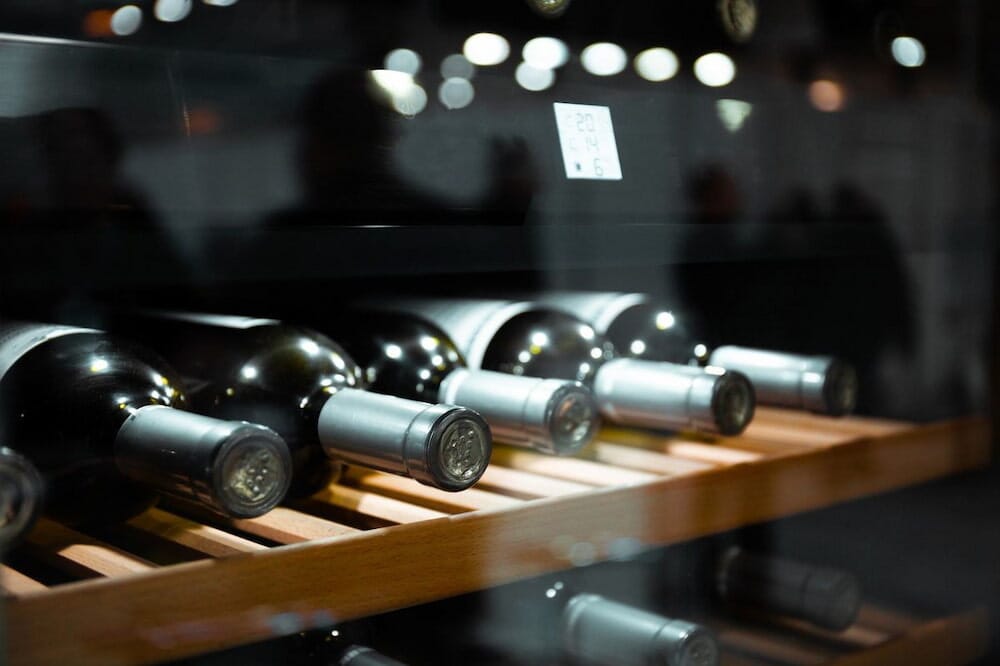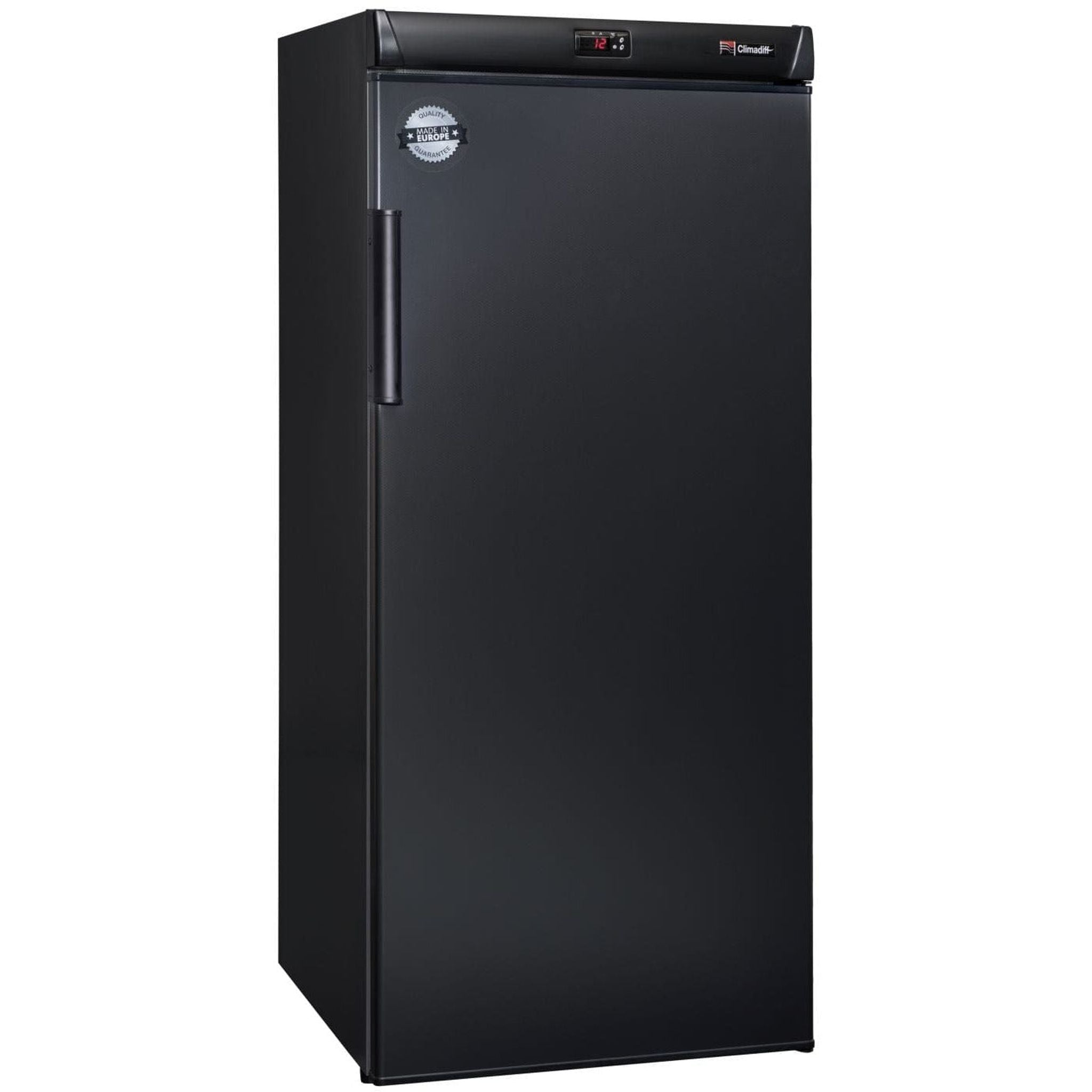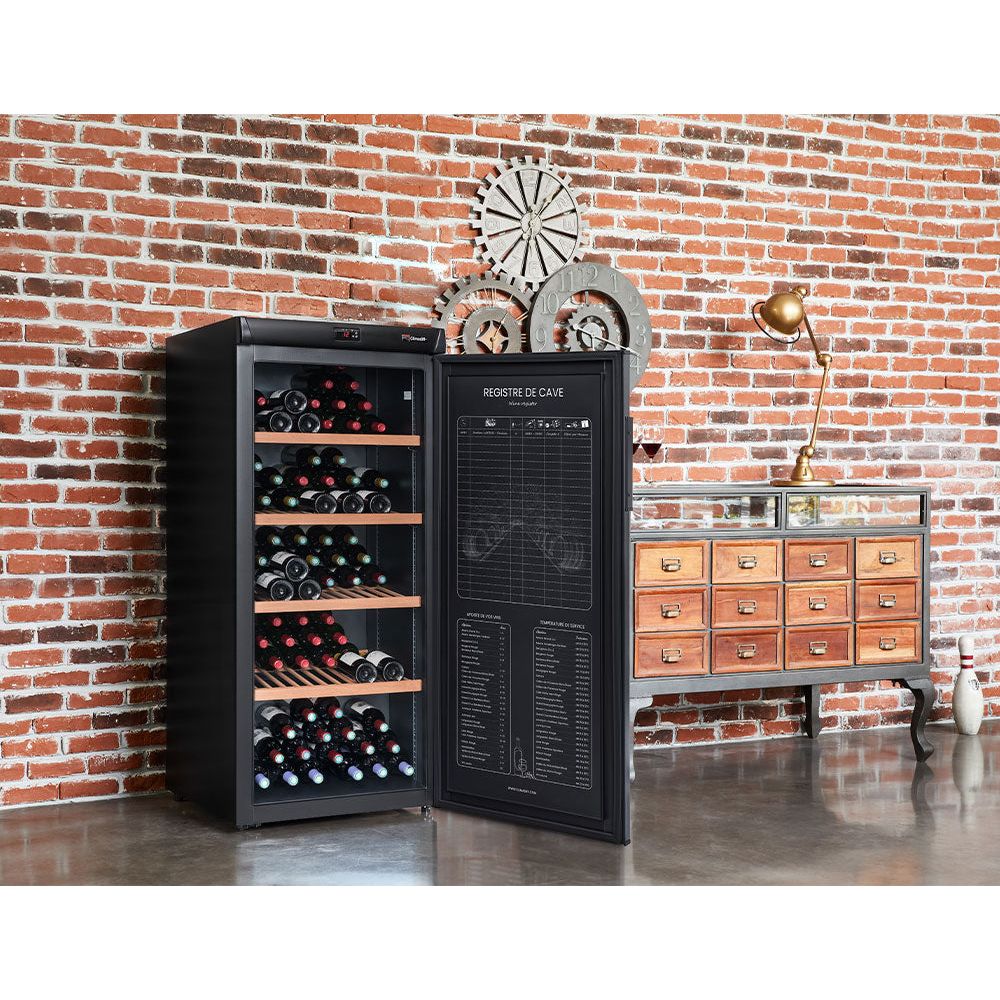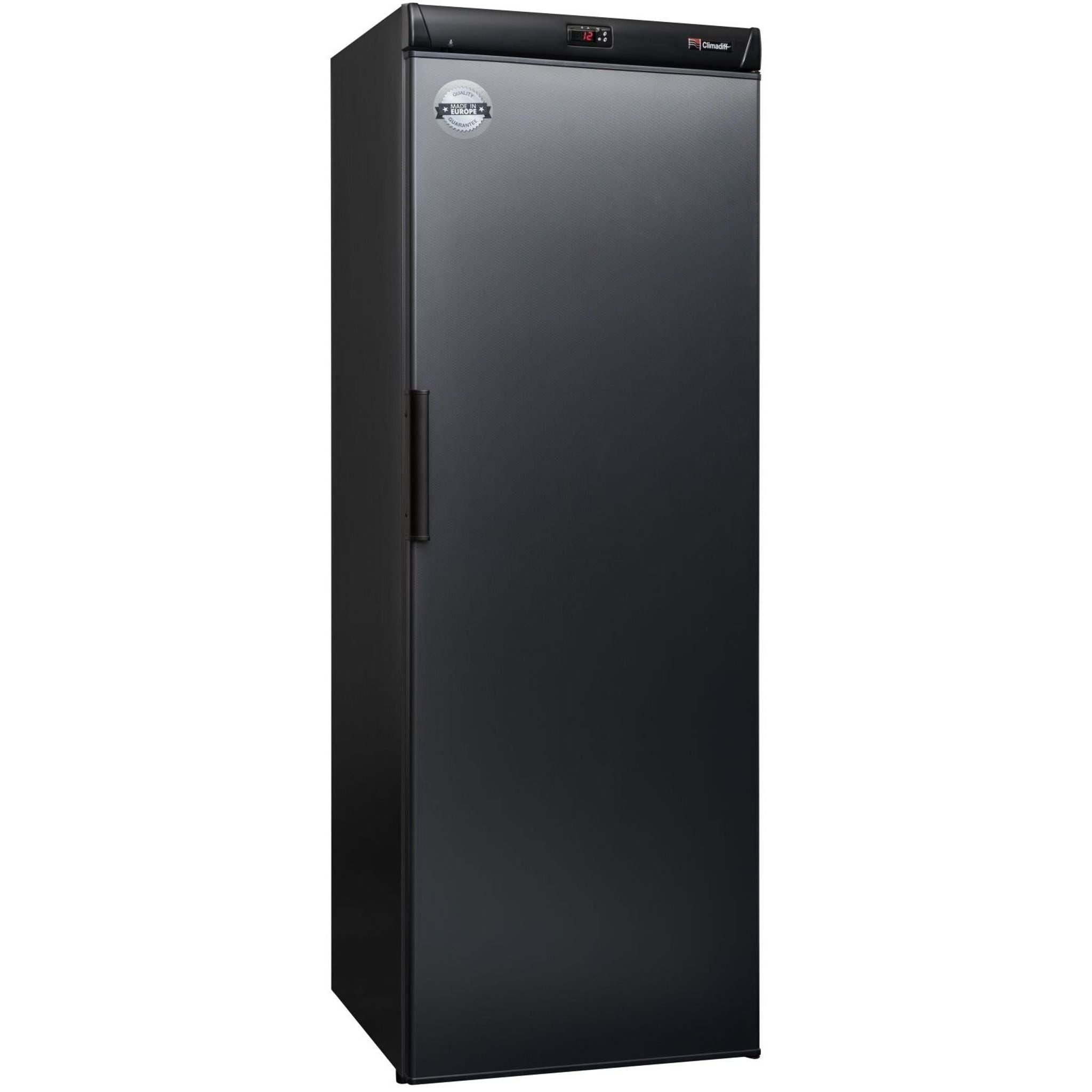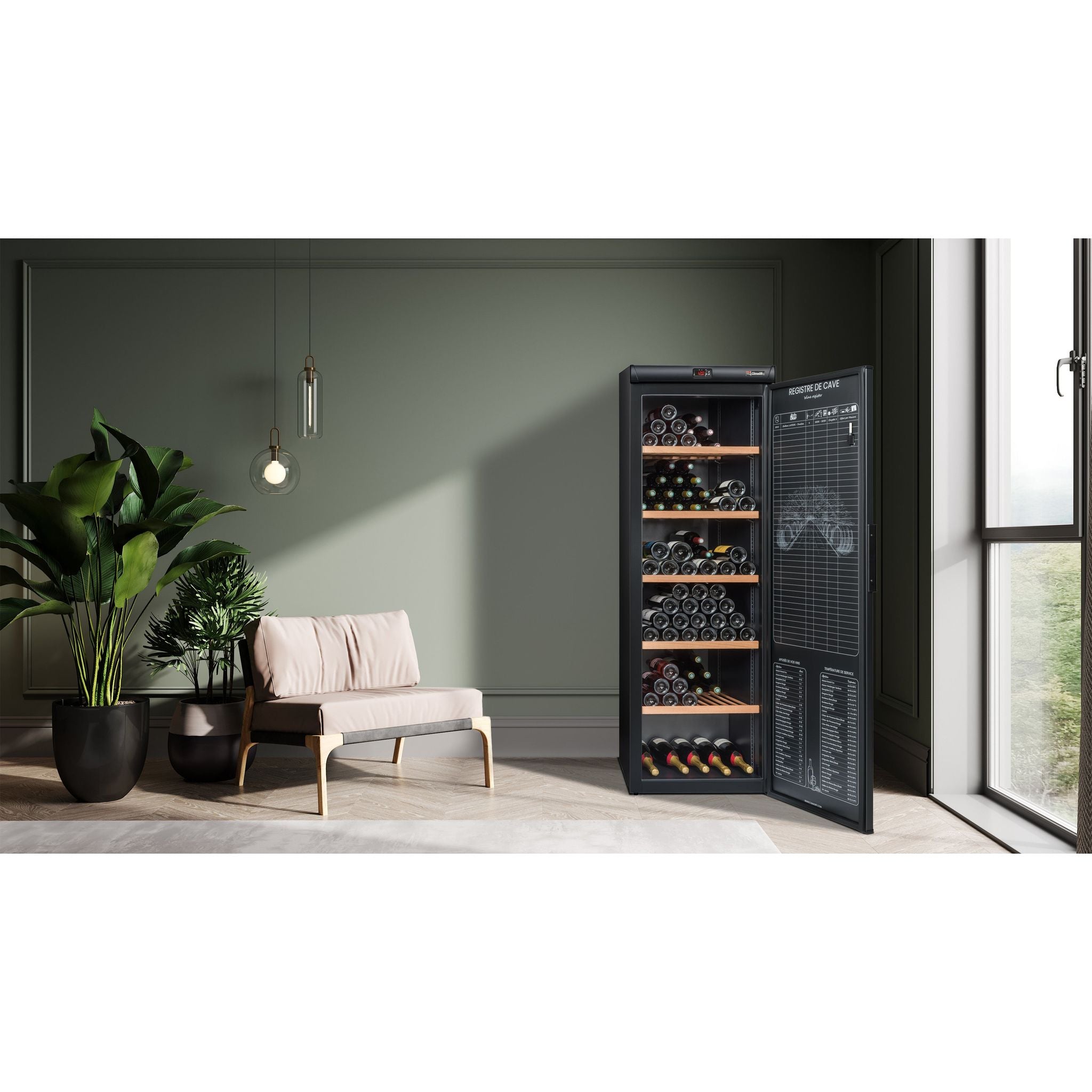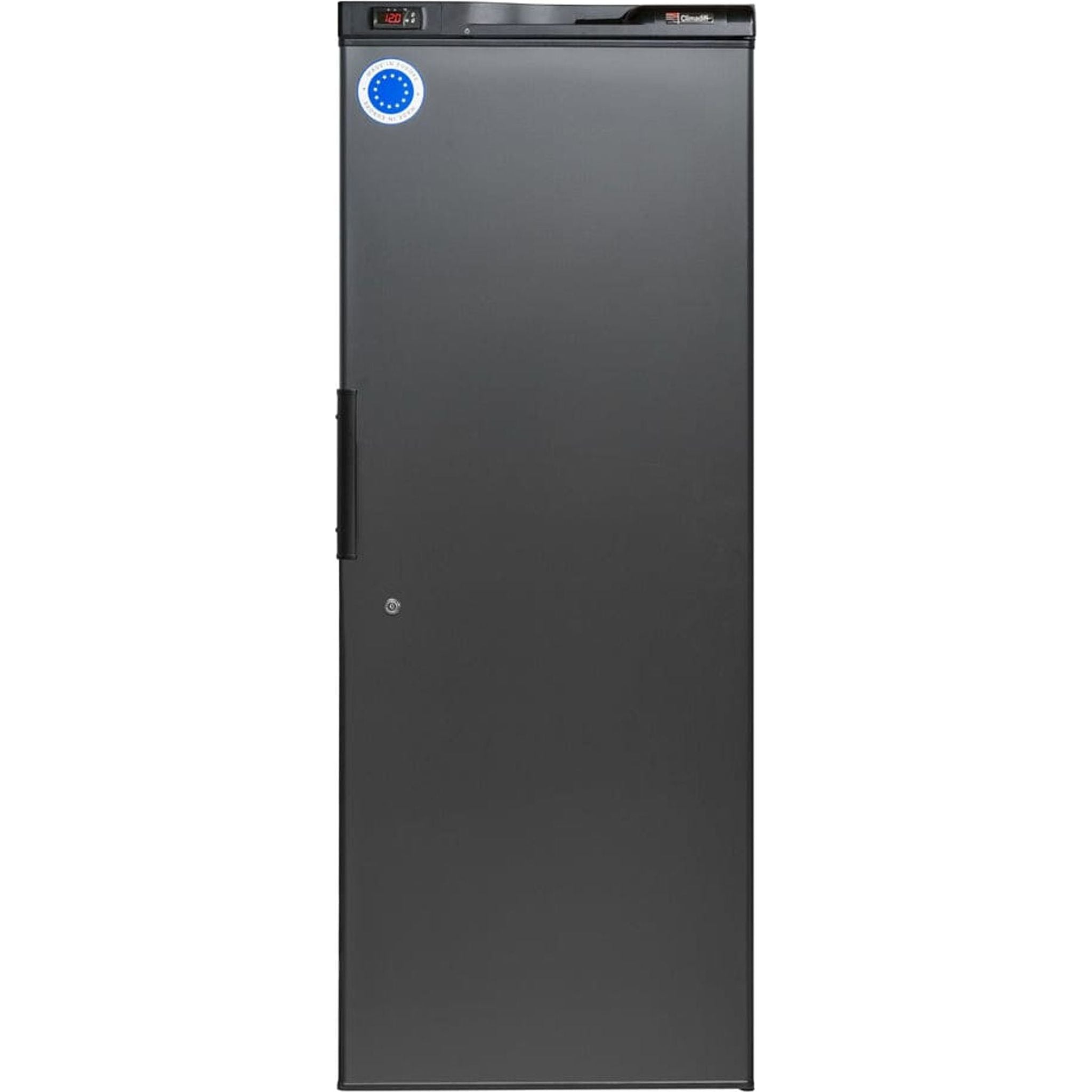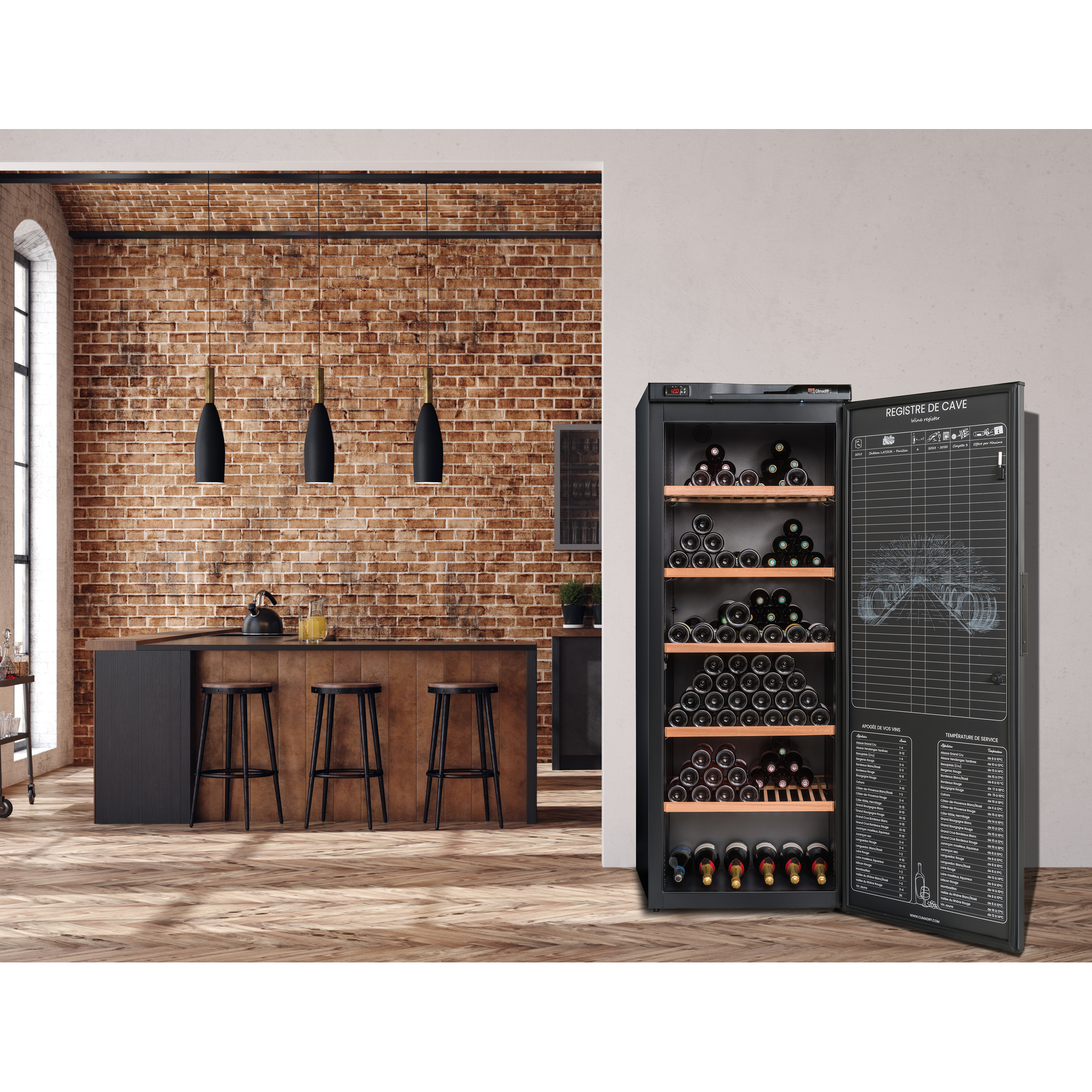If you enjoy having a bottle of wine or two for a range of occasions, you may be keen on the idea of curating your own personal collection of wines.
Regardless of which types you prefer, the brands, or even the price tags, you’ll need to have a proper storage space set up.
This is especially true for vintages and bottles that are better left for ageing, but almost any wines can benefit from proper wine storage.
If you don’t have an elaborate wine cooler or wine cellar and are hoping to make do with the space you’ve got available in your home, you may be wondering what options you have for better preservation and overall storage.
After all, having optimal conditions can be absolutely essential to the flavour and continued quality of your wine.
Luckily for you, we’ve got a range of tips that’ll help you to keep your bottles in great condition regardless of the space you have available, whether you’re hoping to safely store everyday wines or treasured bottles that you’ve been saving for a special occasion.
We’ll get into a little information on how to mature a wine too; from which varieties are best, to the science of the wine ageing process.
With this in mind, you’re sure to be an expert in no time at all – and you’ll be well-equipped to safely and efficiently store your own wine at home.
We’re certain that our ultimate guide to wine storage will benefit you!
What Are The Basics Of Wine Storage?
In order to properly preserve your wines, you’re going to need to know some of the basics of wine storage.
We’ll get into the complexities of wine ageing soon, but for now, lets quickly go through some of the most important and common aspects of storage that you can (and should aim to) put into place.
Here are just 5 tips that could help you to ensure that your wines are kept in the best possible condition:
Lighting
It’s quite a well-known fact that UV light and wines don’t tend to go well together – yet still many people don’t realise just how important it can be to keep their bottles out of direct sunlight.
Whether you’re storing your wine for months or even just days, you should try to keep it in the dark as much as possible.
The reasoning behind this is that UV rays can cause the wine to heat up, damaging its flavours and aromas, as well as making it grow old well before its time.
Temperature
Another part of preservation and storage to consider is temperature. In many ways, this is one of the most crucial points of all.
Warm temperatures can rapidly increase the maturation of wine and while the ideal temperature can vary from one variety to another, it’s generally a good idea to aim for somewhere between 10°C-13°C.
If you can, try to store your wine in an area where the temperature isn’t likely to fluctuate too much (for example, kitchens are often a bad idea).
Humidity
Going hand in hand with the above points, it’s also worth being wary of the humidity of a room, too.
Much like how temperature can have an effect on the longevity of your wines, humidity extremes can age your wine unfavourably, or even cause cables to peel off. For the best results, moderate humidity (somewhere between 60 and 68%) is often ideal.
Vibration
Do you have a secure cellar to store your wines? Not many people do, so you need to be careful of unnecessary vibrations.
While not everyone knows this, even small tremors can alter the ageing process – ranging from everyday sounds, to the effects of a nearby train station.
To help reduce the amount of vibration bottles experience, you could wrap them in bubble wrap. This simple fix could help make a big difference!
Position
The last of the basic factors of wine storage is to ensure that you store your bottles in the correct position.
It’s always best to keep them horizontal, as this allows the cork to stay in contact with the wine, keeping it from drying out and oxidising.
For this reason alone, investing in a wine rack can be an excellent idea.
Our Advice: Consider Buying A Wine Cooler
If you don’t have a space that’s cool, dark and moist you may want to get a wine cooler to store your bottles in.
Unlike standard refrigerators, which are not ideal for wine, these help to maintain the correct conditions for wine on a range of levels.
Aside from those mentioned above, they can also help to prevent cross-contamination with food odours that standard fridges may contain.
A wine cooler alone can help to solve a lot of the issues that many people face when storing wines; it can protect them from UV light, keep them in a horizontal position and offer temperature and humidity control.
Not everyone has the money to invest in a wine cellar, and a good quality wine cooler could make up for that.
Is It Really That Important To Store Wine Properly?
The way that your wine is stored may depend on when you’re planning on drinking it.
If you’re going to have it in the near future, you may not need to put as much care into it as you would for wines stored for ageing (although it can still be important to look after them to keep them in their best condition).
The unique thing about wine is that it can keep well for decades, and some even for centuries, while also becoming more desirable with age.
If you have a bottle that you’re hoping to mature for any reason (i.e. to enjoy yourself, or to sell in the future), taking the extra steps to ensure its perfection is vital.
If you’re looking for the best wines to store, it might be worth taking a quick look at this chart of red and white varieties to keep your eye out for.
| Red | White |
| Aglianico | Barsac |
| Cabernet Sauvignon | Chardonnay |
| Merlot | Chenin Blanc |
| Pinot Noir | Hunter Valley Semillon |
| Sangiovese | Riesling |
| Syrah | Sauternes |
While these certainly aren’t all the wines available to you, they are just a few examples of bottles that you may want to pick up if you’re interested in a good wine for ageing.
How Do Wines Age?
The difference in a wine’s maturity can be fairly obvious to someone who knows what they’re looking for, but whether you’re new to the world of wine or you’re a connoisseur, you may not know exactly how wines age – and it’s well worth finding out.
Red grapes for wines, except pinot noir, naturally have a higher volume of Anthocyanins and Tannins; the colouring matter under the skin and the dry ingredient found in skins and pips.
These, alongside acidity, are crucial to how well a wine will age.
Over time, tannins gradually soften and form larger chemical entities – and this is often as the colour changes (typically from a bluish red to ruby, mahogany and finally becoming paler and browner).
Typically, red wines become lighter as they age, where white ones get darker. For the most part though, colour isn’t the biggest tell – the main difference is often noticed in the overall taste and scent.
You’ll find that the initial use of fresh fruit will help to develop new and more complex aromas as ageing continues, which adds new layers to the final flavour.
These tastes simply can’t be found in younger wines.
Tips For Opening A Bottle
If you’ve been ageing wine, you may not be entirely sure when you should finally open it.
There are a variety of factors that can determine the right time to open your bottle up; from the initial quality of the wine used, to your own personal preferences.
Ideally, you’ll need to look at the standard of the fruit, how well it’s been stored, the size of the bottle (with half bottles often ageing faster than larger ones) and the vintage.
All of these can be crucial to your decision, although you need to know what your own unique tastes are to truly know if the wine has aged enough for you to enjoy.
Many people actually prefer the fruity flavours of younger wines to the more complicated aromas of matured ones.
Not only that, but where a vintage could take a decade or longer to truly bring out the real beauty, fresher wines may be less vibrant when left a while, yet opened too soon (for example after five years, instead of ten).
The solution: if you have the opportunity to buy multiple bottles of the same wine, it might be worth doing so.
The reasoning behind this is that you can drink them over a longer period of time, tasting one bottle while another is left to continue to age.
This can give you a good glimpse at how the flavours can mature over time, as well as show you if you’re a fan of younger or older wines.
To find expert wine storage, browse our Climadiff collection. We have a wide range of long-term storage cabinets available across our site, designed by the leading brand, Climadiff. Produced in Europe, Climadiff products are made with reliable materials and are built to last, with excellence in mind at all times.
Long-term storage is essential when it comes to housing bottle collections. Wine cabinets act as the perfect storage unit, becoming increasingly popular as the years have gone on.
Climadiff is well-known and respected within the industry, known for its top-quality products. To find out more about Climadiff’s range here at Elite Wine Refrigeration, feel free to get in touch.

